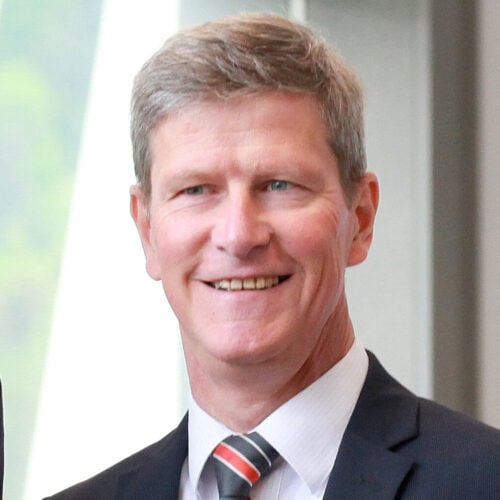

Session 3
14:00
– 15:30 / 5 July 2022
Queen Geraldine
The present and the future of sustainable mining and the energy transition away from coal and towards renewables in Western Balkans and wider Europe
The Initiative for coal regions transition in the Western Balkans was launched in December 2020 to help the countries to move away from coal toward a carbon-neutral economy. Current surging prices, low inventories, and Russia’s invasion of Ukraine have sent energy prices soaring and prompted many countries to scramble to secure supplies and turn to coal and nuclear energy. Currently, the Western Balkans countries are rowing back on commitments to phase out the production of lignite coal - the most polluting fossil fuel. North Macedonia, once a frontrunner in attracting renewable energy investors, is planning to open two new coal mines to supply power stations. Kosovo with the world’s fifth-largest deposits of lignite is increasing exports to Germany and other European states. Serbia is also increasing coal production due to insufficient rain for hydroelectric plants and plans to import 500 tonnes of coal per day from Montenegro. Bosnia and Herzegovina, the only Balkan country that exports electricity, says it will delay plans to shut down coal-fired power plants due to high energy prices. Meanwhile, for the first time ever, wind and solar account for more than 10 percent of the world’s electricity supplies. Given the need to cut out ties with coal, oil and gas generally - and Russia’s pipelines specifically - there has been a flurry of announcements supporting the urgency of increasing renewable energy as a proportion of Europe’s energy mix. Iceland and Norway are the front runners in Europe’s transition to renewable energy. Albania and Latvia are next on the list, with 42 percent of their total energy mix coming from a combination of hydro (strongest in Albania), biofuels, and waste (a sizeable 37 percent in Latvia), wind, solar and other sources.
Discussion themes
- Outlook on EU and Western Balkan Energy Transition towards a Low Carbon Economy
- What is the future of the European Green Deal and what is the new European Energy Union?
- EU Policy Priorities for the Coal Regions in Transition.
- How EU’s ESG and taxonomy rules impact coal-generated energy?
- Energy mix in the Western Balkans and what prospects for the energy transition away from coal?
- What financial and technical assistance is offered to energy transition projects?
- Cases of energy transition of coal mines to PV power plants and storage systems.
- Advanced Coal mine reclamation.

14:15 - The EBRD’s role in helping the Western Balkans countries to diversify their sources of renewable energy

14:30 - Strengthening governance for the sustainable development of minerals critical to the energy transition

14:45 - Reimagining mine closure

15:00 - SUMEX - a sustainability framework for the extractive industry in Europe

15:10 - ERA-MIN3: Raw materials for the sustainable development and the circular economy.

15:20 - The role of the Albanian Investment Corporation in developing underutilised state assets and contribute in attracting investments in sectors which have great potential to bring economic development for the country.


